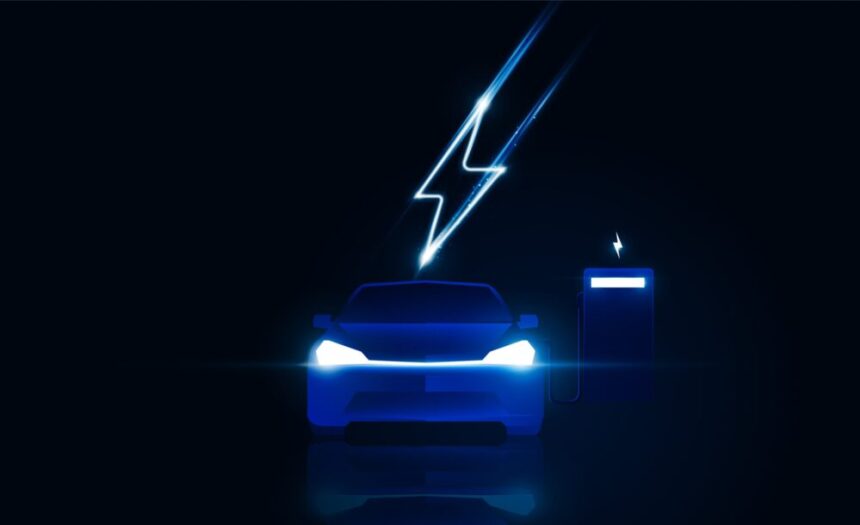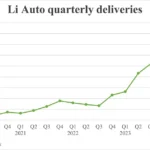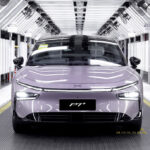The global electric vehicle (EV) market saw a significant increase in registrations in July 2024, with over 1.3 million new vehicles hitting the roads worldwide. This growth was primarily driven by plug-in hybrids (PHEVs), which saw a 58% year-on-year increase in registrations, reaching over 540,000 deliveries. On the other hand, battery-electric vehicles (BEVs) only saw a 5% increase compared to the previous year.
China played a significant role in the growth of PHEVs, with an 87% year-on-year increase in registrations. The country accounted for approximately three-quarters of PHEV registrations globally in July, highlighting its dominance in the EV market. Overall, EVs represented 20% of the new-car market worldwide, with BEVs holding a 12% share on their own.
In terms of individual models, Tesla continued to lead the global EV market in July, with its Model Y securing 78,775 registrations. However, Chinese automaker BYD also made a strong showing, with nine models in the top 12 positions. The BYD Song and Qin Plus took second and third place, respectively, showcasing the brand’s popularity in the EV market.
Other notable performers included the BYD Qin L, which finished fifth in its second month on the market, and the BYD Yuan Plus, which claimed sixth place with 31,836 sales. Tesla’s Model 3 struggled in July, placing seventh with 30,926 units, while BYD’s Seal 06 and Li Auto’s L6 rounded out the top ten.
Legacy brands like Volkswagen faced challenges in July, with the ID.3 model securing just 11,786 deliveries and missing out on the top 20 list. In contrast, newer brands like Aito and Xiaomi made their mark, with models like the Aito M9 and Xiaomi SU7 featuring in the rankings.
Overall, Tesla’s Model Y maintained a significant lead in the year-to-date chart, with BYD models filling out the top positions. The BYD Song, Seagull, and Yuan Plus were among the top performers, showcasing the brand’s strong presence in the global EV market. Despite challenges from legacy brands, Chinese automakers like BYD continued to dominate the EV landscape in 2024.







